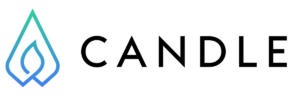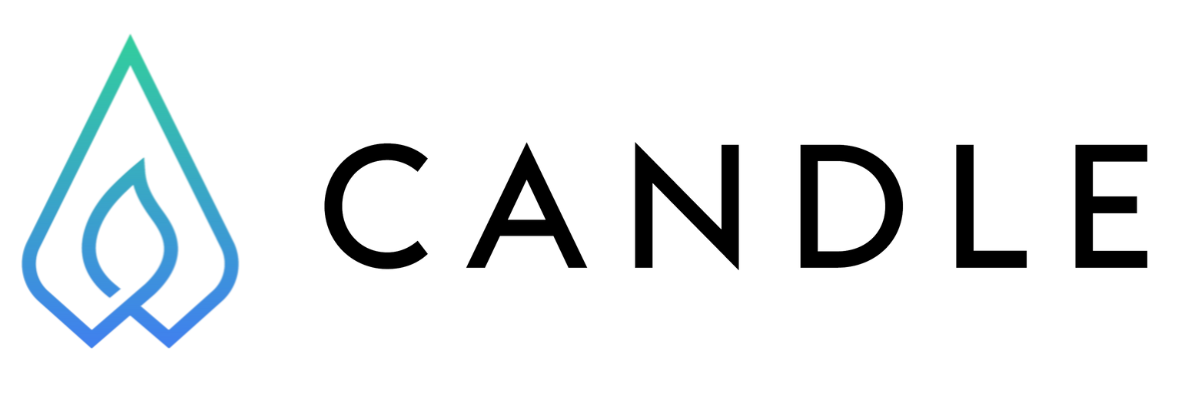In an era where artificial intelligence (AI) is fundamentally transforming the job market, integrating AI technology is reshaping career prospects and trajectories. While AI offers unprecedented opportunities for innovation and efficiency, it also presents challenges, including job displacement and the need for continuous skill development. For career-minded professionals, selecting employers who thoughtfully embrace AI is crucial for leveraging these opportunities and mitigating associated risks.
Grasping the Workforce Transformations Driven by AI
Artificial intelligence is not just a buzzword; it’s a transformative force reshaping industries. AI promises enhanced efficiency, precision, and innovation from healthcare and finance to retail and marketing. However, it also provokes anxiety, as automation can render certain job roles obsolete.
AI implementation can automate routine tasks, enabling employees to focus on their roles’ more strategic, creative, and emotionally intelligent aspects. For instance, AI-driven analytics allows marketers to craft hyper-personalized campaigns, while in healthcare, AI aids in diagnostic precision. But this evolution also necessitates continuous skill development and adaptation.
The Dual Pathways of Career Growth in an AI-Driven Environment
AI influences career growth in two significant ways: through skill enhancement and job displacement.
- Skill Enhancement and New Opportunities: Companies leveraging AI effectively offer employees opportunities to learn and utilize cutting-edge tools. These environments can foster a culture of innovation and continuous learning. For professionals, this translates to acquiring new competencies in data analysis, AI ethics, algorithm management, and more.
- Job Displacement and Redefinition: On the flip side, AI can lead to the displacement of repetitive and lower-skilled jobs. Roles that can be easily automated are at risk, prompting workers to reskill or transition to different positions. This highlights the importance of adaptability and proactive learning.
According to McKinsey, by 2030, AI could displace roughly 400 million jobs worldwide, but it also has the potential to create new roles we haven’t yet envisioned.
Choosing Employers Wisely in the Age of AI
Choosing the right employer is pivotal for career growth in such a landscape. Here are key considerations:
- Commitment to Employee Development: Prospective employers should demonstrate a genuine commitment to employee growth. Look for companies that invest in regular training programs, encourage continuous education, and provide resources for skill development in emerging AI technologies.
- Transparency and Ethical AI Use: Transparency about AI implementation is crucial. Employers should clearly articulate how AI will be integrated into workflows and its impact on job roles. Ethical considerations, such as AI bias and data privacy, are equally important. Companies mindful of these factors are likely to foster a more inclusive and trustworthy work environment.
- Innovative and Flexible Work Culture: An adaptive work culture that embraces change and innovation is a significant advantage. Such organizations are not only more resilient in the face of technological shifts but also more willing to explore new business models and career paths for their employees.
- Track Record and Vision: Consider the employer’s track record and future vision regarding AI. Past successful AI projects and a clear roadmap for future AI initiatives can indicate a stable and forward-thinking organization.
- Role of AI in Industry and Specific Job Functions: Evaluate how AI is revolutionizing the industry you are in and the specific job functions you are considering. Companies that align AI use with industry trends and enhance job-specific functions tend to offer better career growth opportunities.
The Personal Growth Perspective
From a personal development perspective, being part of an AI-driven organization can be profoundly rewarding. Exposure to innovative projects, participation in cutting-edge research, and collaboration with tech-savvy colleagues can broaden professional horizons and amplify intellectual stimulation.
However, it’s equally important to balance enthusiasm for AI with a mindful approach to well-being. The fast-paced nature of tech adoption can sometimes lead to burnout. Ensuring employers support work-life balance and mental health is a crucial aspect of a wise career choice.
Conclusion
The integration of AI in the workplace is an inevitable and dynamic shift, carving new pathways for career growth while rendering others obsolete. For professionals, the essence of thriving in this landscape lies in choosing employers who not only leverage AI to drive innovation but also prioritize ethical considerations, employee growth, and a supportive work culture. By aligning with such forward-thinking organizations, individuals can harness the full potential of AI to propel their careers to new zeniths.
As AI continues to shape the professional landscape, consciously choosing the right employer can not only safeguard your career but also position you at the forefront of innovation. Strive to find roles that foster growth, transparency, and ethical AI use, and embark on a career trajectory that leverages the full potential of AI.
By thoughtfully selecting employers that align with these values, one can navigate the complexities of an AI-driven job market and seek not just job security, but true professional growth and fulfillment.







